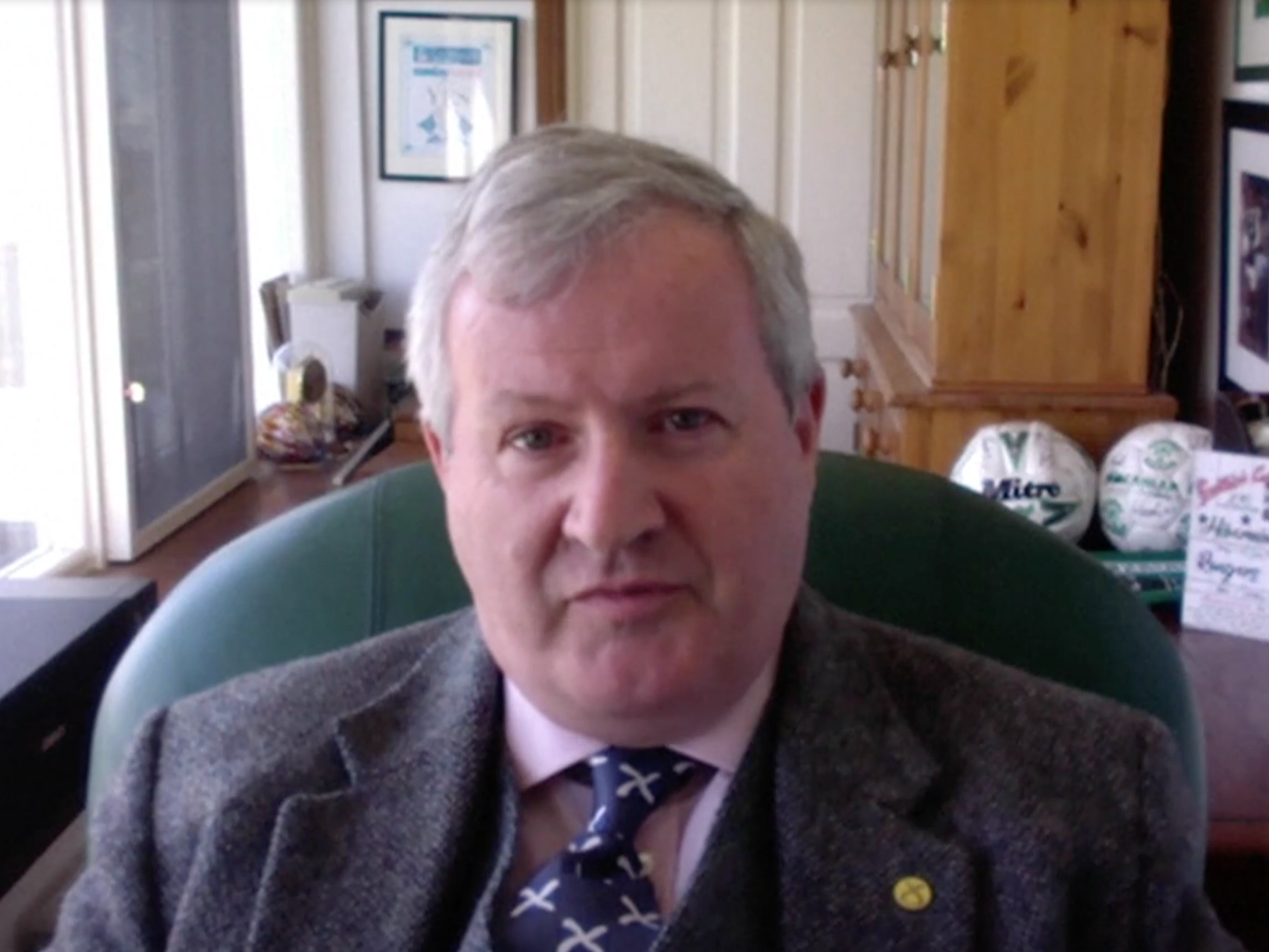
The SNP has urged Labour and other opposition parties to back an extension to the Brexit transition period until the end of 2022, due to the coronavirus emergency.
In a letter to party leaders calling for a “united stance”, the SNP’s Westminster leader Ian Blackford said the deadline for a trade agreement with the EU needed to be pushed two years beyond its scheduled date of 31 December.
It comes as health secretary Matt Hancock said there was “absolutely no need” to extend the transition period. “It doesn’t need any [extra] time because we’ve got the basis of the agreement, so let’s get on and implement it,” he told Sky News on Tuesday.
Download the new Independent Premium app
Sharing the full story, not just the headlines
Mr Blackford said the health crisis and economic impact of the pandemic meant “it is right that all other political agendas are paused as we deal with the priority of saving lives and protecting people’s incomes”.
He added: “In that context, I believe now is the right moment to unite as opposition parties in Westminster in seeking a two-year extension to the Brexit transition period.
“That strong, united opposition stance would also send a powerful message to our European friends and partners, who we know are favourable to the logic and sense of this request.”
Labour leader Sir Keir Starmer has previously made clear his own opposition to a fixed deadline, telling the BBC in April: “I think the government made a mistake putting dates into legislation … they should extend it if it’s necessary to do so.”
Liberal Democrat leadership candidate Layla Moran claimed the government’s insistence on sticking to the current timetable meant “no-deal is still on the table”.
Cabinet Office minister Michael Gove is set to make an appearance before the House of Lords’ Brexit committee later. Mr Gove has repeatedly insisted there will be no delay to trade talks, telling the Commons on Monday that it was “plain prudence” to stick with the current timetable.
Elsewhere, the UK and the United States are to begin negotiations on an “ambitious” post-Brexit free trade agreement on Tuesday, with international trade secretary Liz Truss and the US trade representative Robert Lighthizer opening talks with a video conference call.
The first round of negotiations will then continue for around two weeks, with around 100 negotiators on each side taking part. Further rounds will take place approximately every six weeks with talks being conducted remotely until it is safe to travel again.
Ahead of the first session Ms Truss claimed a free trade deal would help both countries’ economies to “bounce back” after the coronavirus crisis.



